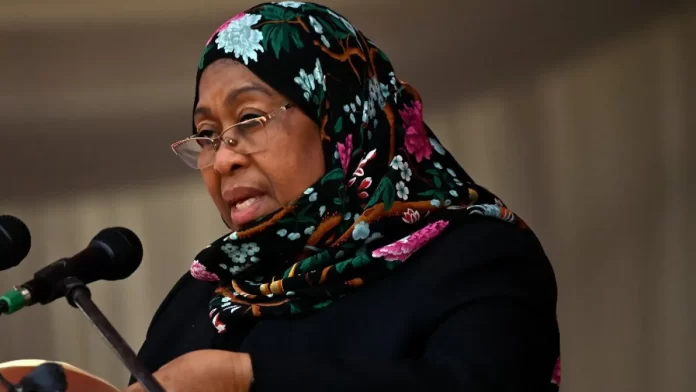President Samia’s reforms instilled confidence in Tanzania’s economic future. According to a recent study, at least 61 percent of Tanzanians are satisfied with how the government manages the country’s economy.
The Tanzanian government’s economic management enjoys a 61% approval rate. Inflation youth employment concerns persist despite economic optimism.
President Samia’s reforms instilled confidence in Tanzania’s economic future.
According to a recent study, at least 61 percent of Tanzanians are satisfied with how the government manages the country’s economy.
However, the Afrobarometer survey by the Policy Research for Development (Repoa) reveals that Tanzanians are worried about inflation and the employment of young people.
Tanzania, like its neighbors in the area, has experienced an increase in the price of petroleum products, fertilizer, wheat flour, and cooking oil, among other things, as a result of Western countries placing sanctions on Russia because of the conflict in Ukraine and, in turn, interrupting the supply chain for a number of imports.
As the US implements monetary measures designed to curb inflation, the issue has grown more complicated and the Dollar has become more costly globally. Tanzanians, however, continue to be upbeat about the country’s economic future, according to Afrobarometer.
Tanzanians can have optimism that the administration is serious about accelerating economic growth and generating employment thanks to President Samia Suluhu Hassan’s economic reforms, which are focused on luring investors. They are also pleased with how well the government delivers services.
Read more: Kenya and Uganda open new trade route: Suam border crossing
The research, which was conducted in 2021–2023, was published yesterday and largely focused on five areas: economics, the rule of law, the preferred form of government, democracy, and public trust.
Dr. Donald Mmari, executive director of Repoa, said in a press conference following the release of the study’s findings that 82 percent of respondents were satisfied with how the government handled addressing education needs, whereas just 69 percent of respondents were satisfied with how the government handled providing basic health care.
Read more: Kwankwaso clinching a coveted spot in Tinubu’s cabinet
Despite a modest decline from the previous survey, 65 percent of respondents believe that the government is doing a good job of combating corruption. However, over the previous fifteen years, significant advances have been noted. This is the basic viewpoint of the populace about the economy.
They are aware that there are issues with inflation and employment, yet they still have trust in their government to handle these issues successfully. This indicates that the public institutions are receiving guidance from the populace, he said.













